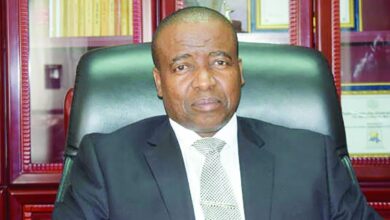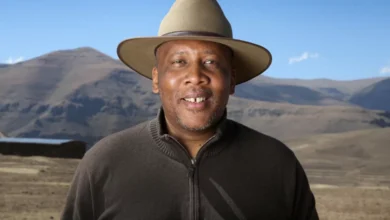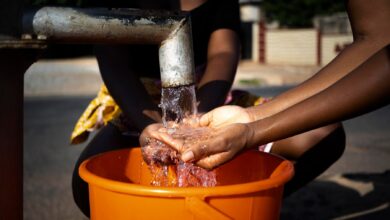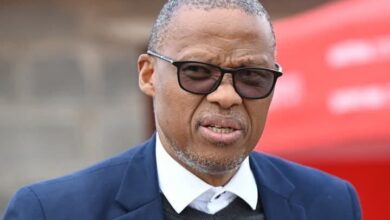Lesotho Government Engages Stakeholders in Qacha’s Nek for New National Development Vision
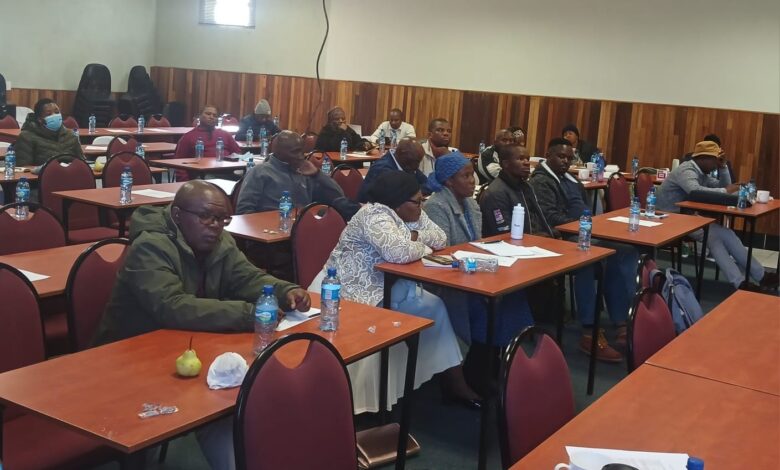
The Ministry of Finance and Development Planning has intensified efforts to shape Lesotho’s future by hosting a two-day diagnostic consultation in Qacha’s Nek, aimed at informing the country’s next long-term national development framework. The consultation, which began on Tuesday and concluded on Wednesday, is part of a nationwide initiative to assess Lesotho’s economic, social, and institutional landscape in the wake of Vision 2020’s conclusion.
The consultations bring together a broad spectrum of stakeholders—including representatives from the public and private sectors, civil society, traditional leadership, youth organisations, and academia—to identify development challenges and opportunities unique to each district.
Speaking at the event, the Ministry’s Chief Economic Planner, Mr. Ts’oanelo Lebiletsa, underscored the importance of the exercise in setting the foundation for the country’s next development blueprint. “We are conducting these consultations to inform the development of a country diagnostic report, which will serve as the foundation for Lesotho’s next long-term policy, following the end of Vision 2020,” he said.
Mr. Lebiletsa acknowledged that the previous development vision faced critical challenges, particularly a lack of proper monitoring systems and inadequate financial planning. “With this new process, we are focusing on developing strong monitoring and evaluation mechanisms, and we will ensure the new policy is fully costed and funded both locally and internationally,” he added.
The diagnostic process is scheduled to cover all ten districts of Lesotho, with the final report expected to be completed by the end of June. The findings will then guide the drafting of the new national vision.
Participants in Qacha’s Nek raised pressing concerns during the consultation, highlighting issues such as high unemployment, political instability, outdated legislation, weak policy implementation, and a lack of accountability at the national level.
District-specific challenges were also brought to the fore, including poor collaboration among stakeholders, misallocation of skilled personnel, high investment barriers, low purchasing power, inadequate health services, and the continuing trend of skilled youth leaving the country in search of better opportunities.
Mrs. ’Matiisetso Moletsane, an Economic Planner from the Ministry, voiced optimism about the process. “We wish for a vision that will be fully implemented and one that responds directly to the needs of the district and the country,” she said. She stressed the importance of stronger collaboration between planners and implementers and advocated for the establishment of a fully recognised District Planning Unit.
Area Chieftainess ’Maletsoalo Makhaola of Ha Rats’oleli welcomed the initiative and called for targeted support to help local small businesses thrive. “This process has the potential to uplift communities like ours. We must support small businesses if we are to grow our district’s economy,” she stated.
Qacha’s Nek is the eighth district to host the consultations. The process is set to continue next week in Mokhotlong and later in Mohale’s Hoek, as the government moves closer to finalising a development strategy that is inclusive, responsive, and forward-looking.
This national diagnostic initiative marks a pivotal step toward building a new vision for Lesotho—one that not only addresses past shortcomings but is grounded in real, actionable insights from across the country.
Join 'Lesotho News' WhatsApp Channel
Get breaking Lesotho news — delivered directly to your WhatsApp.
CLICK HERE TO JOIN
